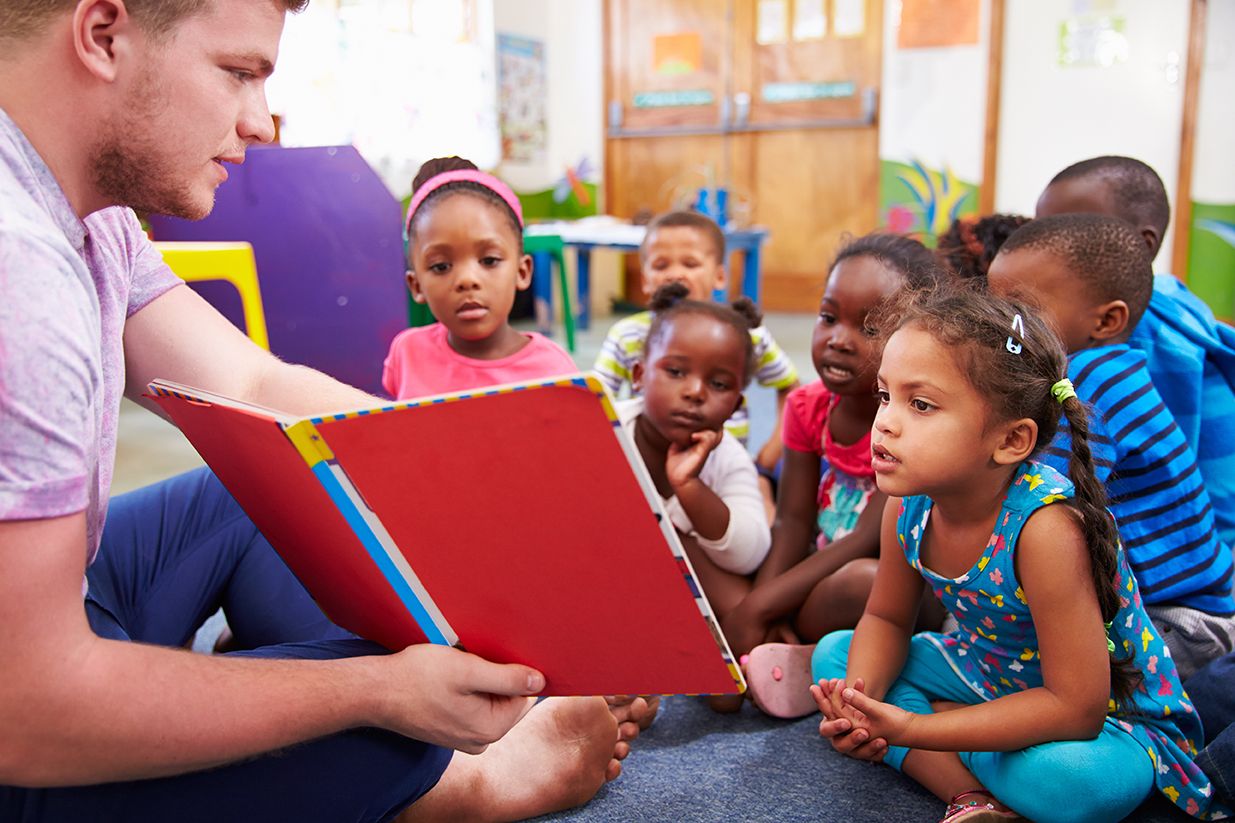Objectives:
Students will be able to:
- Describe the difference between "relief work" and "development work"
- Articulate how voluntourism can negatively affect people, and identify positive alternatives
- Argue for what they believe the purpose of travel to be
Today's Under-reported Fact:
Studies have shown that over 90% of children housed in orphanages in some countries are not actually orphans.
Warm-up:
1. With a partner, identify a problem going on in another country that you have seen in the news lately. This might be a natural disaster, a disease outbreak, a human rights crisis, or something else that is negatively impacting people's lives.
2. Discuss with your partner:
- What could you do to help people if you were physically in that place?
- What training would you need to help people effectively?
- How much do you think it would cost for you to go there, get trained, and help?
- What can you do from afar?
- If you had the opportunity to travel abroad, do you think it would be more effective for you to go and help in the affected place, or to help from afar? Why?
Introducing the Resource: "How to Really Help Children Abroad"
A 2008 study found that, at that time, about 1.6 million people volunteered abroad every year, spending an estimated $2 billion. The money spent on airfare, accommodations, food, and other travel expenses for volunteers is all money that does not go directly to the people they have come to help. What's more, some organizations manufacture situations or experiences that may be harmful for local people in order to attract tourists. How can well-intentioned people effectively help people in other countries? What can voluntourism accomplish, and what is it incapable of doing?
In preparation for the following discussion and activities, read "How to Really Help Children Abroad" by Tina Rosenberg, a co-founder of the Solutions Journalism Network.
Discussion Questions:
As a class or in small groups, discuss:
- What evidence does the journalist provide for how voluntourism can negatively affect the people volunteers intend to help?
- What are some positive alternatives to volunteering in orphanages that the journalist presents?
- Which solutions do you find compelling? Based on what you have learned, what do you think is the best advice for people considering volunteering abroad?
- Do you think these lessons are applicable to people who are traveling domestically? Why or why not?
- The news story you explore is classified as "Opinion." Why?
- The journalist who wrote this story is a co-founder of the Solutions Journalism Network. What do you think "solutions journalism" is? What makes this story an example of solutions journalism?
- Whose opinions, besides her own, does the journalist share? How do they provide different perspectives?
In-class Activity:
1. Steve Corbett and Brian Fikkert recommend moving away from "relief work" and toward "development work." Define each of these terms as a class.
2. Race your classmates to sort the following activities into two piles: one for relief work, one for development work. The first person to finish with 100% accuracy wins.
- Building houses
- Providing food aid
- Sharing agricultural best practices with farmers
- Reading to children
- Installing a well
- Working with the government to strengthen the sanitation system
- Funding continuing education for teachers
- Building a hospital
- Training doctors in new disease control techniques
- Donating laptops to a school
- Establishing wireless internet in a community
3. Discuss: How easy/difficult was it to distinguish between development and relief activities? What do the activities that belong to each category tend to have in common? Did any of the activities seem to exist in a gray area?
Extension Activities:
Option 1. "Please do travel and have life-changing experiences," Rosenberg writes. "Just don’t confuse it with helping." Write an opinion piece that addresses the following questions:
- What do you think the purpose of travel is?
- Who can travel positively impact, and how?
- What do you think people need to do in order to be ethical about their travel?
Option 2. Rosenberg writes that the challenge when trying to get people to continue donating without the heartwrenching experience of voluntourism is getting people to stay "engaged without the wasted expense and potential for harm of a mission trip. That might require a lot of education about how poverty alleviation really works."
Bridge that gap! Look through recent Pulitzer Center reporting to identify an issue that is important to you. Then, create a resource that will help people care deeply about that issue, while also educating them about what you consider the most effective way to help people. Your resource may be a pamphlet, a presentation, a work of art, a poem, a website, or something else. Whatever you choose to make, be sure to share it with others in your school and community.
